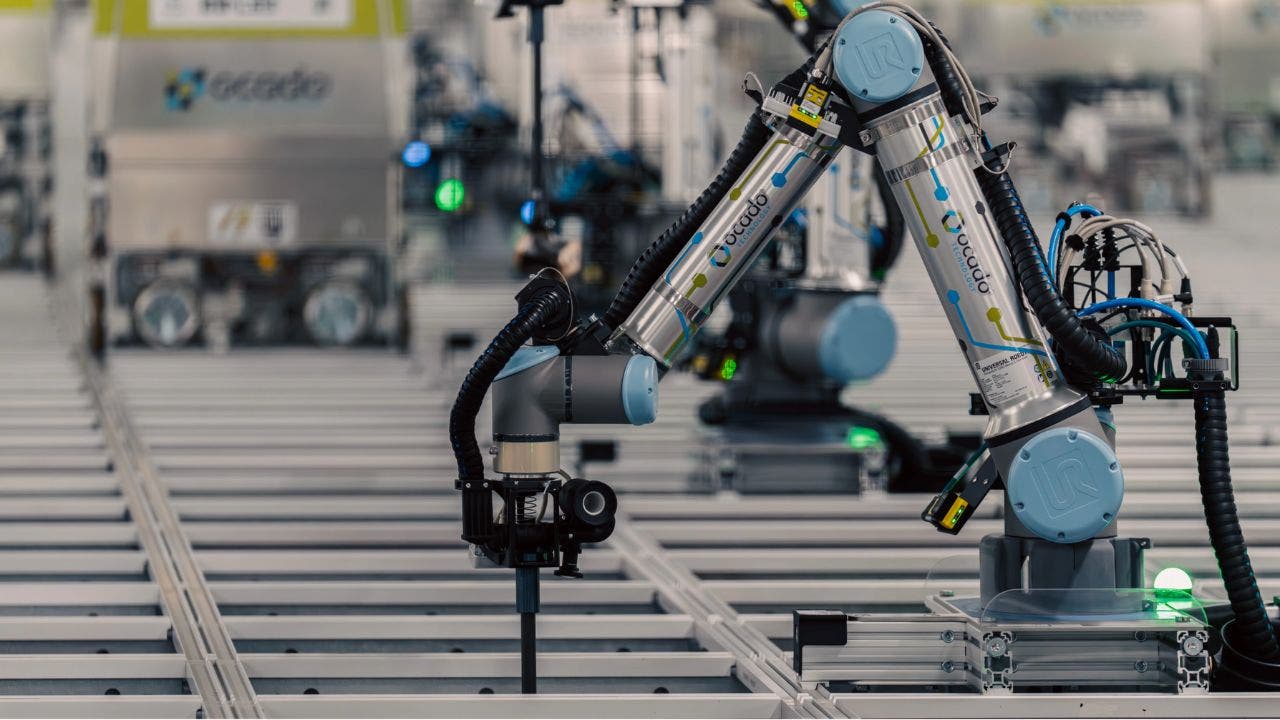Synology to Enforce New Restrictions on Third-Party Hard Drives in Future NAS Devices

Synology, a prominent name in the tech landscape known for its network-attached storage (NAS) devices, is set to implement new restrictions concerning third-party hard drives. This announcement was recently confirmed to Ars Technica, marking a significant shift in how users can interact with Synologys hardware.
As the tech world eagerly anticipates these changes, its important to note that existing Synology NAS owners will not be impacted. Synology indicated in a press release directed at the European Union that these restrictions will come into effect with the Plus Series models being launched in 2025. From that point forward, only hard drives that bear the Synology brand or those that have been certified by the company to meet specific compatibility standards will enable users to utilize the full suite of features and support that Synology offers.
In practical terms, this means that users who opt for non-Synology drives may find themselves unable to utilize key functionalities such as pooling storage across multiple disks or taking advantage of the lifespan analysis provided by Synologys proprietary software. However, its worth mentioning that this new policy will not apply to Synologys J-series and Value-series devices. Additionally, consumer-grade Plus devices that were released in 2024 or earlier will remain unaffected by these changes. The press release further clarifies that drives currently used in older NAS systems can be migrated to the newly released devices without issues.
The rationale behind this decision was addressed by a Synology spokesperson, who explained to Ars that extensive internal testing has highlighted the benefits of using drives that have undergone a rigorous validation process when paired with Synology systems. This approach, they argue, minimizes the risk of drive failures and mitigates ongoing compatibility issues that often plague users. The spokesperson emphasized that such restrictions aim to enhance system reliability and performance, a sentiment echoed in the companys official communications.
Nevertheless, many users may view these restrictions as an unwelcome limitation. While Synologys approach to introducing these changes is arguably less severe than other companiessuch as printer manufacturers that block third-party ink through software updatesit still results in fewer options for consumers. This inevitably leads to reduced opportunities for cost savings when purchasing storage drives for Synologys future NAS offerings.
As Synology navigates this transition, it could have significant implications for users who regularly rely on third-party drives for their storage needs, especially in an era where budget-friendly options are vital for many consumers.


























